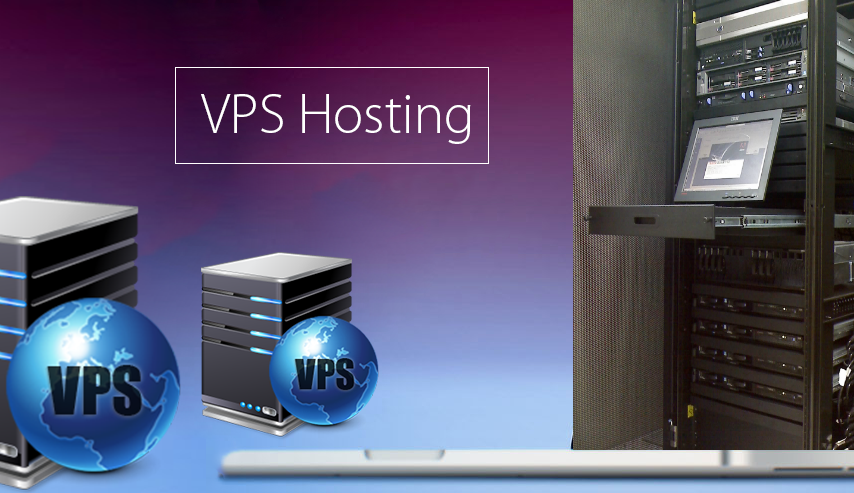A virtual private server (VPS) is a server that is divided so that it has its own bandwidth, disc space, and operating system. One uses a physical server housed in a data center for this type of hosting. The server is partitioned into a number of spaces, creating its own virtual server.
The user of the virtual server can only see the virtual environment. A VPS is like a dedicated server in that the user can reboot and generally do anything with it that they wish.
However, a VPS is not a dedicated server. It just acts like one, which makes it an excellent solution for sites that may require an upgrade at some point, which hasn’t come. VPS hosting is a good interim solution between dedicated hosting and shared hosting.
Who is the typical VPS hosting user?
If you want more control over your server, VPS hosting will be a good option. Shared hosting may be more affordable, but it comes with very little control, even if it gives you enough system resources.
VPS hosting is suitable for users with some technical know-how. This is probably the first advantage of running a virtual private server – your users tend to be tech-savvier, and you’re less likely to have to deal with trivial support requests.
Now, on to the essence of the article – the pluses and minuses of running a VPS.
VPS pluses
You can create a VPS server much faster than a dedicated one, which you must first put together, then install. With all the software required, your server can be ready in a few hours.
The price is another advantage. Virtual private servers tend to be affordable. Although they are virtual, they have more raw power than dedicated ones.
You have more flexibility with VPS servers. This is because they are similar to cloud-based servers, so you can always find a reliable solution in terms of features and price.
VPS web hosting services come with very powerful equipment. The physical server consists of the highest-quality hardware items. This makes it possible for a VPS to offer multiple extras, which a dedicated server in the same price range will be missing.
The user gets full root access, as if they were paying for a dedicated server. They can perform all kinds of functions, such as interacting with the server’s OS directly, installing additional modules and software, and more.
VPS servers are straightforward to upgrade. You can start using more resources whenever you choose because you are availing of a portion of the main server’s resources only.
Last but not least, security is a major advantage of running a VPS. The main server is protected from the vast majority of common exploits and DDoS attacks.
VPS minuses
There are several VPSs on a physical server, so the whole server can slow down if one user consumes too many resources. There is some software that can keep this from happening, but it’s always a risk.
VPSs are not as powerful as their dedicated counterparts. They are ideal for resource-heavy apps, but these servers will not suffice if you’re operating an e-commerce site or a business portal with a huge forum.
Finally, VPSs require more technical skills and know-how. Unlike shared hosting or cloud web hosting accounts, they require the user to possess at least some skills and knowledge. You will suffer as the operator if the user doesn’t have them.
Compared to cloud hosting, VPS hosting support is slower. A backend technician will solve a problem with a VPS server with more difficulty than a cloud-based one.








